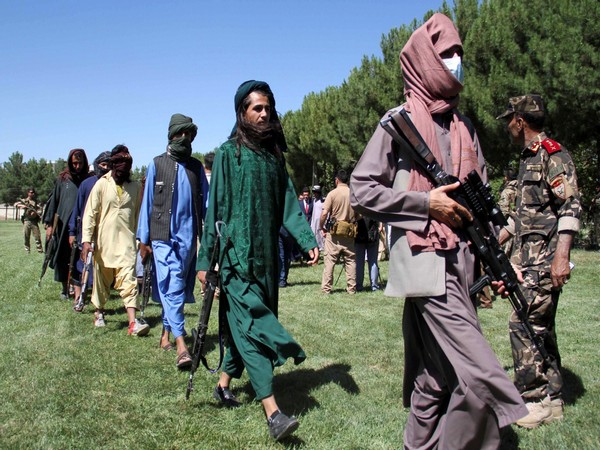
As US departs from Afghanistan, Kabul stares at ‘Haqqani conundrum’

Tel Aviv [Israel], August 30 (ANI): As the United States and its allies are about to complete their withdrawal from Afghanistan, Haqqani Network has emerged at the centre of the ongoing turmoil that has been around for over four decades.
Within the Taliban structure, the Haqqani Network remains the Taliban’s most combat-ready forces, under the leadership of Sirajuddin Haqqani, first deputy to Taliban leader Haibatullah Akhundzada, according to UN Monitoring report. The Haqqani Network, though integrated into the Taliban, retains semi-autonomous status while still reporting directly to the Taliban Supreme Council.
The Haqqani Network is reported to have a highly skilled core of members who specialize in complex attacks and provide technical skills, such as improvised explosive device and rocket construction. It remains a hub for outreach and cooperation with regional foreign terrorist groups and is the primary liaison between the Taliban and Al-Qaida.
Writing for The Times of Israel, geopolitical expert Sergio Restelli said the role of the Haqqani family and its key aides has been key to the establishment of terror globally as well as strong support to every extremist group in the region from the Taliban to the ISIS-K and Al Qaeda.
Arguing against the Biden administration’s stand that the Haqqani network and the Taliban are separate entities, Restelli said that this claim “is very far from the truth.” “Today the Haqqanis control Kabul, and this makes even the Taliban nervous and Mullah Baradar uncomfortable,” he added.
According to the UN report, large numbers of Al-Qaida fighters and other foreign extremist elements aligned with the Taliban are located in various parts of Afghanistan. Al-Qaida continued to suffer attrition during the period under review, with a number of senior figures killed, often alongside Taliban associates while co-located with them.
The primary component of the Taliban in dealing with Al-Qaida is the Haqqani Network. According to the UN report, ties between the two groups remain close, based on ideological alignment, relationships forged through common struggle and intermarriage.
The geopolitical expert stated that the way the US seeks to now separate the Haqqani’s and the Taliban raise questions whether the Doha Agreement covered the Haqqani’s and sought guarantees of protection from them.
“Beyond designating the Haqqani group controlling Kabul as terrorists, key members have also been individually designated,” Restelli said while adding that the US sanctions on the Haqqani network were delayed given the Haqqani’s proximity to the Pakistani ISI.
According to Restelli, after the fall of Kabul earlier this month, the Haqqani has come to “effectively control Afghanistan.”
“Kabul is under control of over 6,000 terrorists of Haqqani network with Mullah Yaqoob, son of Mullah Omar and other Taliban leaders playing a more understated role and this is reportedly making them nervous,” he added. (ANI)

















POST COMMENTS (0)